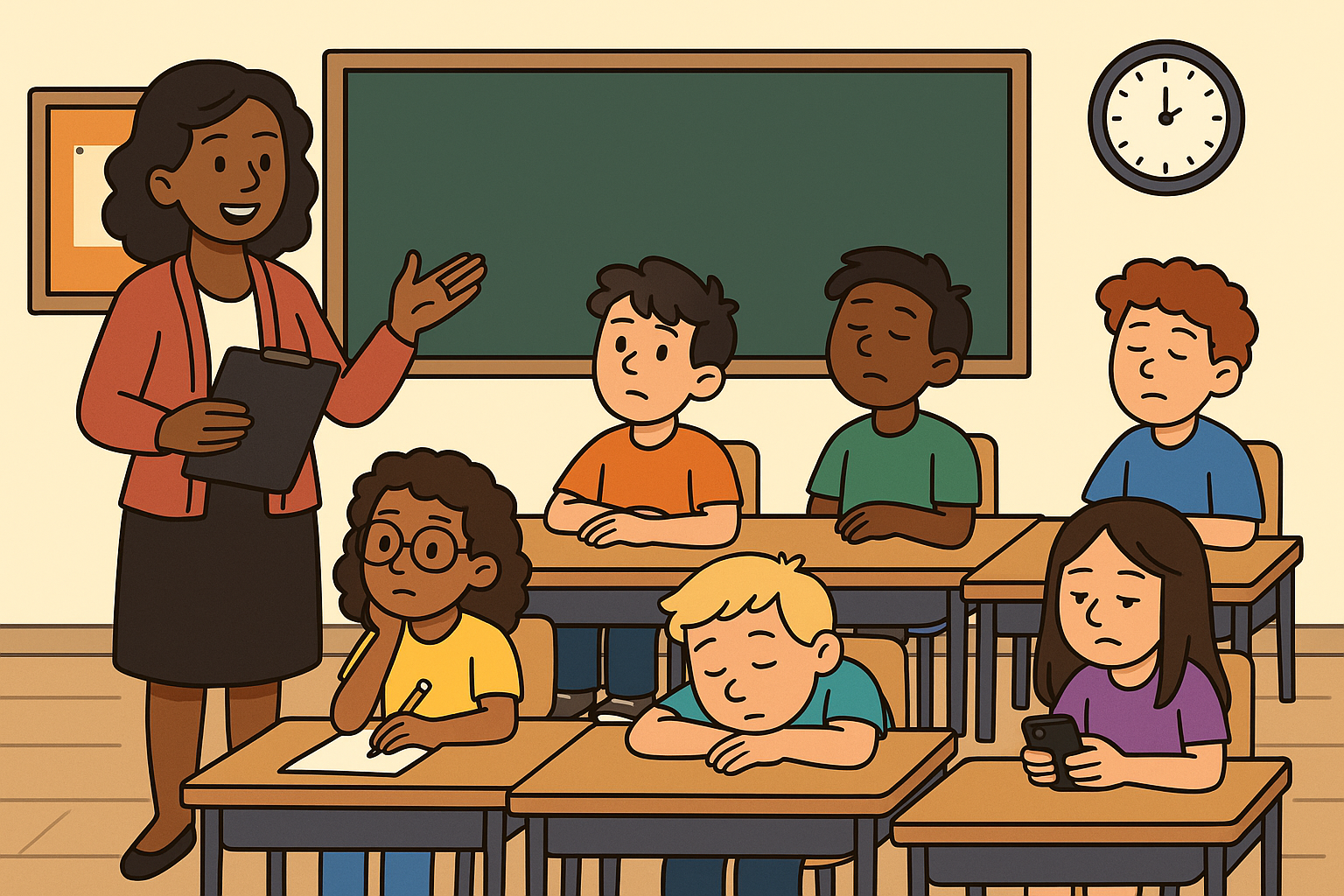If you owned an auto factory and the conveyor belt kept delivering cars that had no doors, or had faulty headlights, would you run the factory for a few more hours a day? Of course not! You’d redesign the system to address the root cause.
When students attend school all day long and are not succeeding academically at the desired level, should you provide the same approach to instruction in an extended day program? Of course not! You should do something different! But what? Let’s break it down.

In Order for Learning to Take Place . . .
Students Need to Be Affirmed and Free from Threat
When students walk into a learning environment, their brain scans for any threats. That includes humiliation, embarrassment, fear of failure, persistent academic struggles without support, microaggressions, and more. If threats are sensed, the amygdala reroutes brain resources away from the part of the brain that manages learning in order to protect itself. When students feel threatened, learning is neurologically compromised: Their brains prioritize survival over cognition.

Students Need to Have Personalized Instruction
The fact that students are in an after-school program means they are not all at the same academic level. They are most likely demonstrating weaknesses across the ELA and math grade-level standards, but not all the same standards. In order for students to excel, they need to have access to learning opportunities that are tailored to their current skill levels, with the intent of advancing their learning. So any instruction that is “whole class” aimed at standards-based learning is going to miss the mark. If you know the content, you’re forced to have a “reinforcement” lesson; if you are ready to learn the content, you’re good to go; if you haven’t mastered the prerequisite knowledge or speak a different language than the teacher, then you’re lost and frustrated. It’s essentially a replay of the school day, and if that approach didn’t work from 8 to 3, why expect it to work from 3 to 5?

Students Need to Be Engaged
Engagement isn’t just about fun; it’s about purpose. The most meaningful learning comes when students understand why it matters to them. When students are “all in,” they learn. With today’s “Alpha generation,” that includes:
- – Authentic, real-world challenges that create a “felt need” to learn: If students are tackling world hunger by designing hydroponic gardens, developing carnival games for young students, saving bees from extinction, determining if an AI robot could run for Congress, and so forth, they want to tackle all the standards they need to develop their solution.
- – Differentiated activities that are just above the students’ ability level so that they provide an achievable challenge: Check out this article touting the work of the great “Flow” engagement theorist, Mihaly Csikszentmihalyi.
- – Empowering students to plan how they will use their time to learn the necessary skills
- – Support, support, support to learn through small-group and individual instruction, how-to sheets and videos, AI coaches, peer experts, and more

Teachers Need to Be Facilitators
The role of deliverer of information is passé. Teachers need to engage with students to assess their progress and take actions that make sense for individuals: Connect them to resources, ask probing questions, provide explicit instruction, etc. The role of teacher needs to move to that of air traffic controller.

Rethinking the After-School or Saturday Experience
IDE Corp. designs extended day and extended year curriculum around the 6 Ps of PBL. Here’s a video example of one or our client solutions. We recommend:
- – Starting with a real-world situation to tackle, preferably customized to address your geographic area
- – Providing students with a variety of ways to learn to match their learning style preferences and skill levels
- – Allowing students to schedule how they will use their time
- – Providing one-on-one and small-group facilitation and instruction
- – Having students monitor their own skill-development progress
- – Having teachers monitor individual students’ progress, making instructional decisions based on the data
The PBL approach, differentiation, and teacher facilitation will create a much more engaging and personalized learning environment for this important program!
Thanks to ChatGPT for creating the images for this blog post (the writing is mine!).
IDE Corp. provides a variety of ways schools can engage in rethinking instruction:
- – Our school-wide online, on-demand Professional Learning Experiences build a culture of professional learning. Current topics include:
- Teaching Through the 6 Ps of PBL
- Fostering Student Agency Through Differentiated Activity Lists
- Executive Function: The Pathway to Student Achievement
- Strategies for Supporting English Language Learners
- Strategies for Maximizing Student Achievement
- – Our consultant-facilitated Virtual Learning Communities provide engagement in similar topics for individual educators.
- – On-site and remote consulting and curriculum design develop solutions to your challenges and innovation dreams.
Contact us at solutions@idecorp.com
